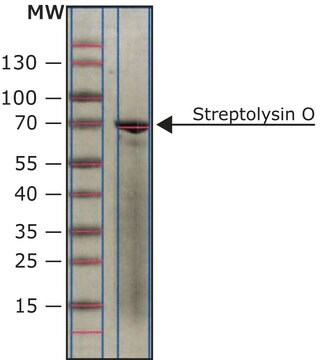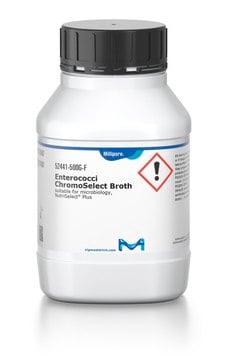55540
4-(Hydroxymercuri)benzoic acid sodium salt
≥95.0% (Hg)
Synonym(s):
p-Chloromercuribenzoate, p-Hydroxymercuribenzoic acid sodium salt, PCMB, Sodium 4-(hydroxymercurio)benzoate
About This Item
Recommended Products
assay
≥95.0% (Hg)
mp
≥300 °C
SMILES string
[Na+].O[Hg]c1ccc(cc1)C([O-])=O
InChI
1S/C7H5O2.Hg.Na.H2O/c8-7(9)6-4-2-1-3-5-6;;;/h2-5H,(H,8,9);;;1H2/q;2*+1;/p-2
InChI key
CBELQCYFTSHKPJ-UHFFFAOYSA-L
Looking for similar products? Visit Product Comparison Guide
Application
Disclaimer

signalword
Danger
Hazard Classifications
Acute Tox. 1 Dermal - Acute Tox. 2 Inhalation - Acute Tox. 2 Oral - Aquatic Acute 1 - Aquatic Chronic 1 - STOT RE 2
Storage Class
6.1A - Combustible acute toxic Cat. 1 and 2 / very toxic hazardous materials
wgk_germany
WGK 3
flash_point_f
Not applicable
flash_point_c
Not applicable
ppe
Eyeshields, Faceshields, Gloves, type P3 (EN 143) respirator cartridges
Choose from one of the most recent versions:
Already Own This Product?
Find documentation for the products that you have recently purchased in the Document Library.
Customers Also Viewed
Our team of scientists has experience in all areas of research including Life Science, Material Science, Chemical Synthesis, Chromatography, Analytical and many others.
Contact Technical Service












